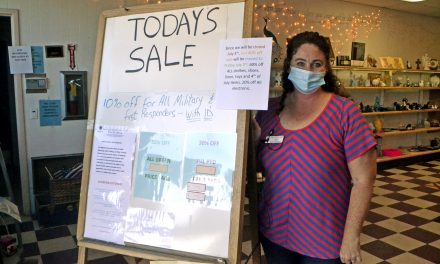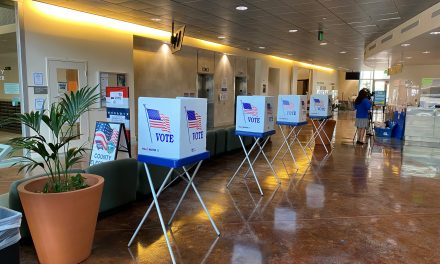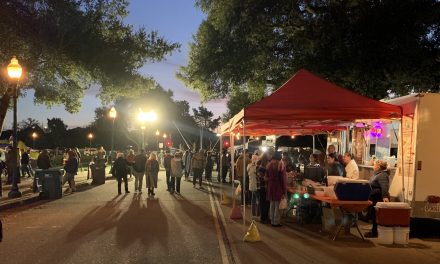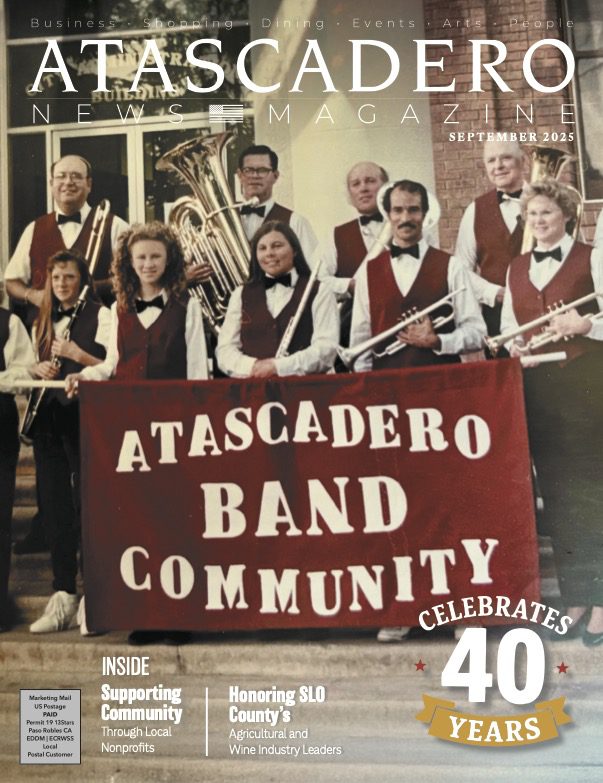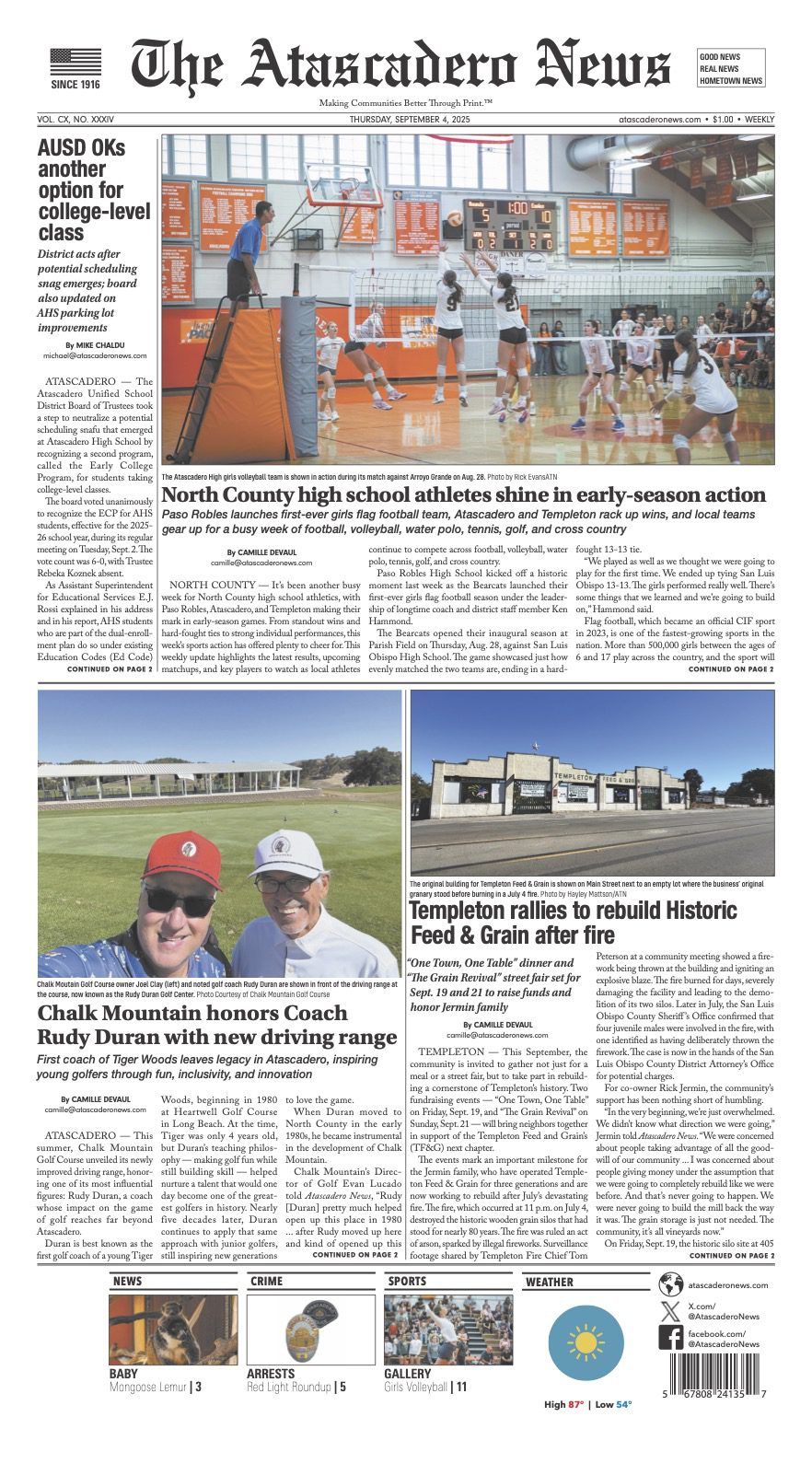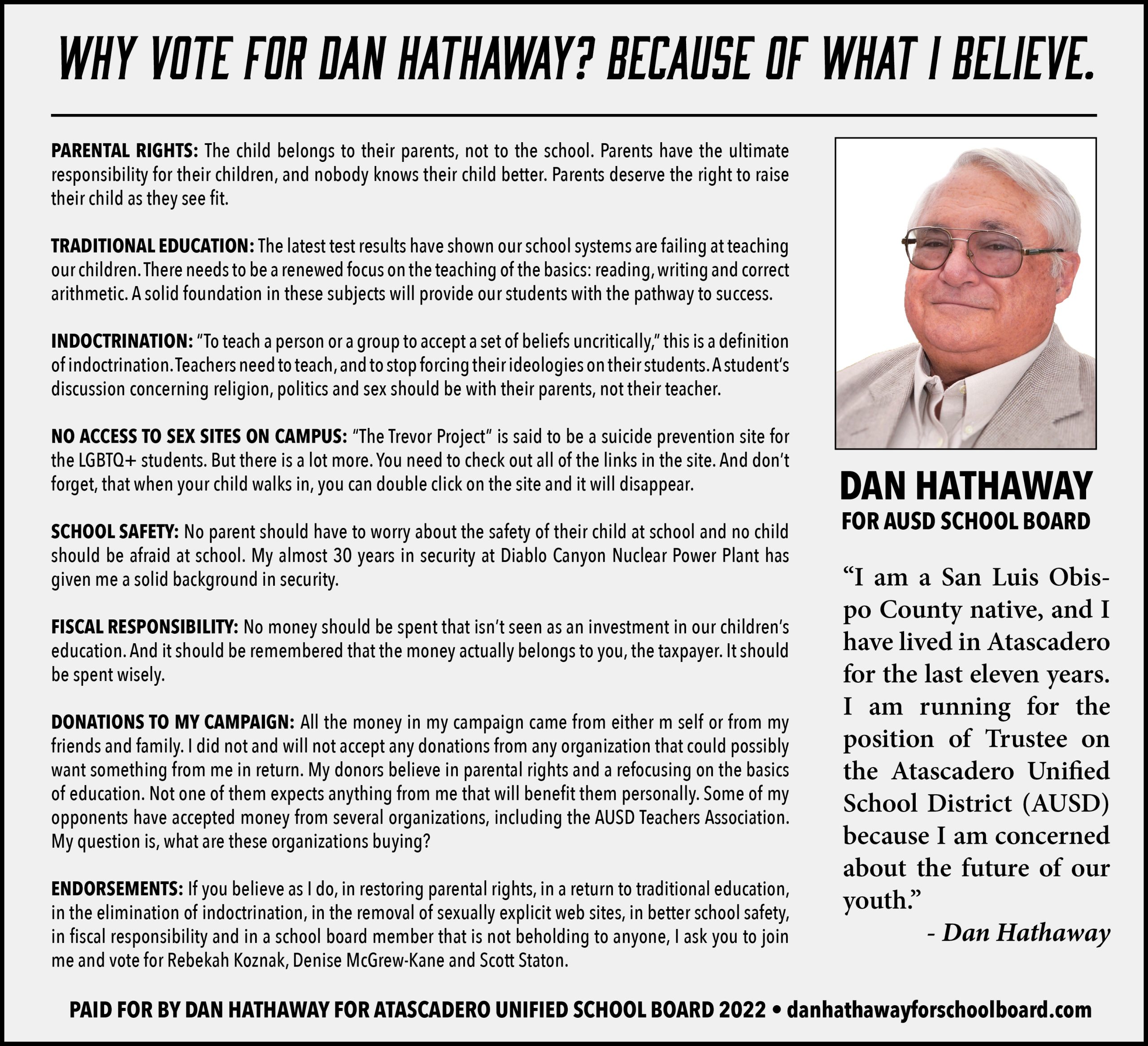New Year ushers in changes in the workplace and beyond
CALIFORNIA — The New Year brings with it a host of new laws for Californians. These new rules range in categories from the not surprising — laws such as the smoking ban on state parks and beaches (SB 8) — to the buzzkill laws like making it illegal for passengers to partake of cannabis in vehicles such as buses, taxicabs or limos (AB 1810) to the just plain weird laws where it is now illegal to eat roadkill without a permit (SB 395).
WORKPLACE LAWS
One of the more noteworthy changes coming to the state is the minimum wage increase (SB 3). In 2020 the new California minimum pay reaches $13 per hour for large companies (26 people or more) and $12 per hour for small businesses (25 or fewer employees). The increase is part of incremental steps to establish a base hourly pay of $15 by 2022 for large companies and 2023 for small businesses.
The wage increase also affects salaried employees. California law dictates that exempt or salaried professionals must be paid double the minimum wage. With the 2020 hourly rate increase, the minimum annual income for a salaried employee increases to $49,920 for small businesses and $54,080 for larger businesses. The current exempt threshold is $45,760 for businesses with no more than 25 employees and $49,920 for those with more.
Potentially one of the biggest changes coming to the workplace this year is the new rules determining what makes an independent contractor or a normal W2 employee (AB 5). This law has been sending shockwaves through the gig-based jobs in the media print and the ride-hailing industries like Uber and Lyft.
The new law introduces what is being called the Dynamex ABC Test. From a California Superior Court Ruling, the litmus test states that a person can only be considered an independent contractor and not a general employee only if the worker meets all three points of new stringent criteria.
With the new ruling, freelance writers are considered W2 employees if they produce over 35 entries a year. This means they can no longer operate as an independent business and companies must treat them as regular employees. In response, print media companies are now dropping California freelance writers. Employment Law Attorney of LightGabler Susan Waag said that the Dynamex court ruling, among others, state that the test standard is not considered “new” at all and should have been applied all along.
The future of the law is still up to debate with Assemblywoman Lorena Gonzalez facing serious blowback from gig-based businesses that include the hospital and trucking industries.
Gun Laws
A myriad of gun laws will come into effect in January and the subsequent months to come. Beginning on Jan. 1, a 10-year prohibition on owning a firearm will be added to the punishment of breaking several gun control laws already in effect (SB 172). Also with the New Year, California prohibits anyone from owning a firearm who already has a prohibition set in place in any other state. For example, if a person cannot own a firearm in Texas because of violent crime misdemeanor, then they can not own a firearm in California.
California passed laws that aim to protect residents from active-shooter scenarios. Bolstering “red flag” laws, which allow the court to enact a restraining order for individuals from owning or possessing a firearm, a new law now allows employers, coworkers and teachers to request a gun possessing restraining order to be applied to someone if they feel threatened by them (AB 61).
Taking effect in 2020, the newly formed California State Nonprofit Security Grant Program offers up to $200,000 in security improvements for organizations that are considered high-risk for hate crimes due to ideology, beliefs, or mission (AB 1548).
Wildfire Laws
There a few laws being implemented in 2020 that revolve around the increase of wildfire risk in California. Public water supplies will now be able to declare a water shortage emergency in case of wildfire without holding a public hearing (AB 1432). Existing law requires the State Fire Marshal, by Jan. 31, 2020, to develop a list of low-cost retrofits that provide for comprehensive site and structure fire risk reduction to protect structures from fires spreading from adjacent structures or vegetation and to protect vegetation from fires spreading from adjacent structures (AB 38). The law sets a date of Jan. 1, 2021, to require these high-risk homes built before Jan. 1, 2020, to be retrofitted to meet the new fire prevention standards. Also, new this year, the state authorized the California Firefighter Peer Support and Crisis Referral Services Act, which aims to provide aid for firefighters with professional or emotional issues (AB 1116).
LightGabler will present a free seminar on new 2020 employment laws for the Atascadero Chamber of Commerce on Thursday, Jan. 30 from 11:30 a.m. to 1 p.m. at the SpringHill Suites, 900 El Camino Real, Atascadero.
For more information, visit atascaderochamber.org/events/events-calendar/#!event/2020/1/30/labor-law-lunch.






